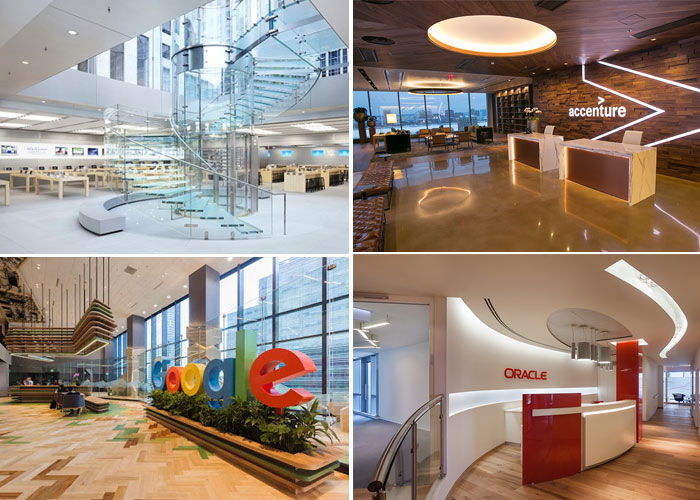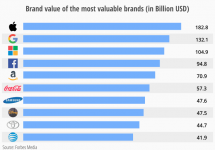
College degree is no longer an entry barrier to the top companies in the world. Google, Apple, IBM, Bank of America etc are some of the big names considering candidates without a formal college degree.
Learning and skills are not merely restricted to degrees and formal education. There are more
avenues of learning today than anyone could have ever imagined even a couple of decades ago. The stories of teen aged app developers and prodigies are now very common. In short, learning is not restricted to the confinements and boundaries of academic institutions. Learning is ubiquitous.
Some of the top IT companies have in their own ways acknowledged the changing trends in the
digital world. They realise that by including diverse workforce with niche skills, they can build great products and services.
Hard Earned Skills Create Value

Many of the top IT companies like Microsoft, Apple and Dell etc. have been built by some of the
mavericks who dropped out of college. Dropping out of college doesn’t mean they stopped learning, far from it.
Infact, people like Steve Jobs, Bill Gates, and Michael dell were so much in love with what they were doing and learning that they went with the flow and created history.
What is the reason for the amazing success stories of entrepreneurs without college degrees? It’s certainly not degrees, but devoted learning. It is building skills that made them successful in their roles and lifelong learning that continues beyond classrooms.
“When you look at people who don’t go to school and make their way in the world, those are
exceptional human beings. And we should do everything we can to find those people,” said Google’s former SVP of People Operations Laszlo Bock.
The real world rewards you according to the value you create. For creating value, you don’t need a degree. You need to understand what it takes to excel in your role. You need to understand what you can do to bring value and your clients happy. You can do well, if you do that.
Digital World & Learning

The digital world provides so many avenues where people skills as per their needs and convenience. Education system is lagging behind the modern business needs.
How many things that you learnt in your 4 year degree are useful in your current job? Perhaps 5% or 10%, I would say. Infact, the traditional educational system needs to fast catch up with the changing times; else they will become places for tourism and leisure activities.
The value of hardwork and time is learned in a job more than college. In academic environment,
there is hardly any external pressure other than your own performance. Talented individuals who cannot afford college can work on their skills, train themselves in real world and create value.
Today companies are willing to experiment with professionals from diverse backgrounds and mix. It creates a dynamic group and vibrant culture that rewards top performers.
Results are Rewarded

The real world rewards performance and results based on learning not academics. Academics may provide an entry point, but beyond that it is what you do that makes you who you are.
Deep knowledge of the industry, specific skills and ability to produce the desired results under
pressure are valuable traits that companies are hunting for. Yes, these are certainly not guaranteed with a college degree.
Companies are looking at exceptional candidates who want to be the best in their work. Mediocre at everything is hardly appealing to anyone. The best performers are always rewarded and inch their way to the top.
Focus Areas for Companies

Although, a college degree is still a safe bet, there are other ways in which you can make your way to the top companies.
A lot of success in the digital world is owing to the experimentation and innovation of companies. With lateral entry, the focus is on hiring experts and specific skill sets. Yes, when learning is focused and practical, it oozes creativity.
These companies are looking for individuals who learn by doing, pick up niche skills, work with
enthusiasm, young, have proven expertise, innovative and are willing to experiment until they
succeed.
Conclusion
Today humans are competing with each other for jobs. In the next few years, they will have to
compete with trained robots and machines for their jobs.
Skill upgradation and learning is the only way you can stay relevant and successful in the future. Today teams collaborate across geographies and Timezones to create global products and services.
There are limitless opportunities to those with work ethic, imagination, creativity, grit and will to work hard.







